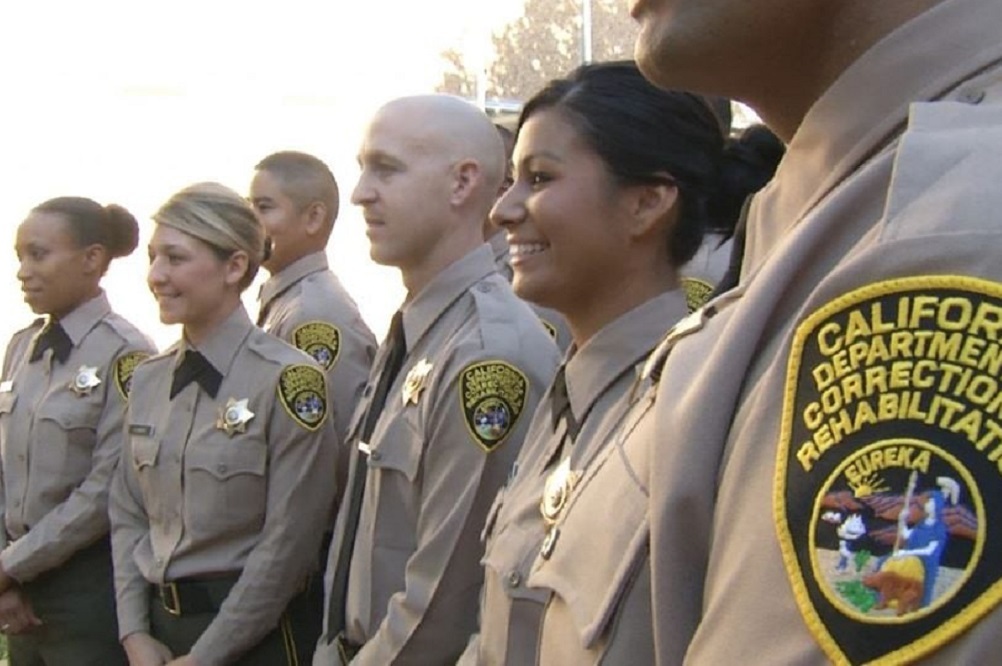Civil rights groups are calling on the California Department of Corrections and Rehabilitation to reconsider a health and safety policy that requires bearded peace officers to shave or face disciplinary action, even if they previously had religious accommodations.
The ACLU Foundation of Northern California and the Sikh Coalition sent a letter to the CDCR on Feb. 9, expressing concerns that the policy which took effect this month would disproportionately affect Black and brown peace officers.
Sikhs are required by their religion not to remove facial hair, while Black males are more likely to be afflicted by pseudofolliculitis barbae (PFB), a painful skin condition that can develop from shaving, the civil rights groups’ letter states.
“This policy has created enormous fear and confusion for Sikh CDCR peace officers whose previously held religious accommodations are no longer valid,” Harsimran Kaur, the Sikh Coalition’s senior legal counsel, said in a prepared statement. “It now seemingly forces them to either comply with the shaving requirement under extreme duress or risk their employment.”
The policy could affect hundreds of corrections officers in California, according to the civil rights groups, but the CDCR contends the policy is not discriminatory and is based on prison safety concerns. The policy aims to ensure that respiratory protective equipment is used in accordance with California Division of Occupational Safety and Health regulations, according to the CDCR.
“Tight-fitting respirator masks are legally required under workplace safety laws for certain functions in state prison operations, as well as for the safety and protection of the incarcerated population and other staff,” CDCR spokeswoman Dana Simas said in an email to the Northern California Record.
The department will continue to engage with workers and consider reasonable accommodation alternatives for those employees with medical conditions or religious objections, she said.
“We have worked to inform and educate our staff on this issue, and will continue to work with them to ensure compliance with Title 8,” Simas said.
The new policy seems to reflect long-standing cultural insensitivities about Black hair styles in the workplace, the civil rights groups said in their letter.
